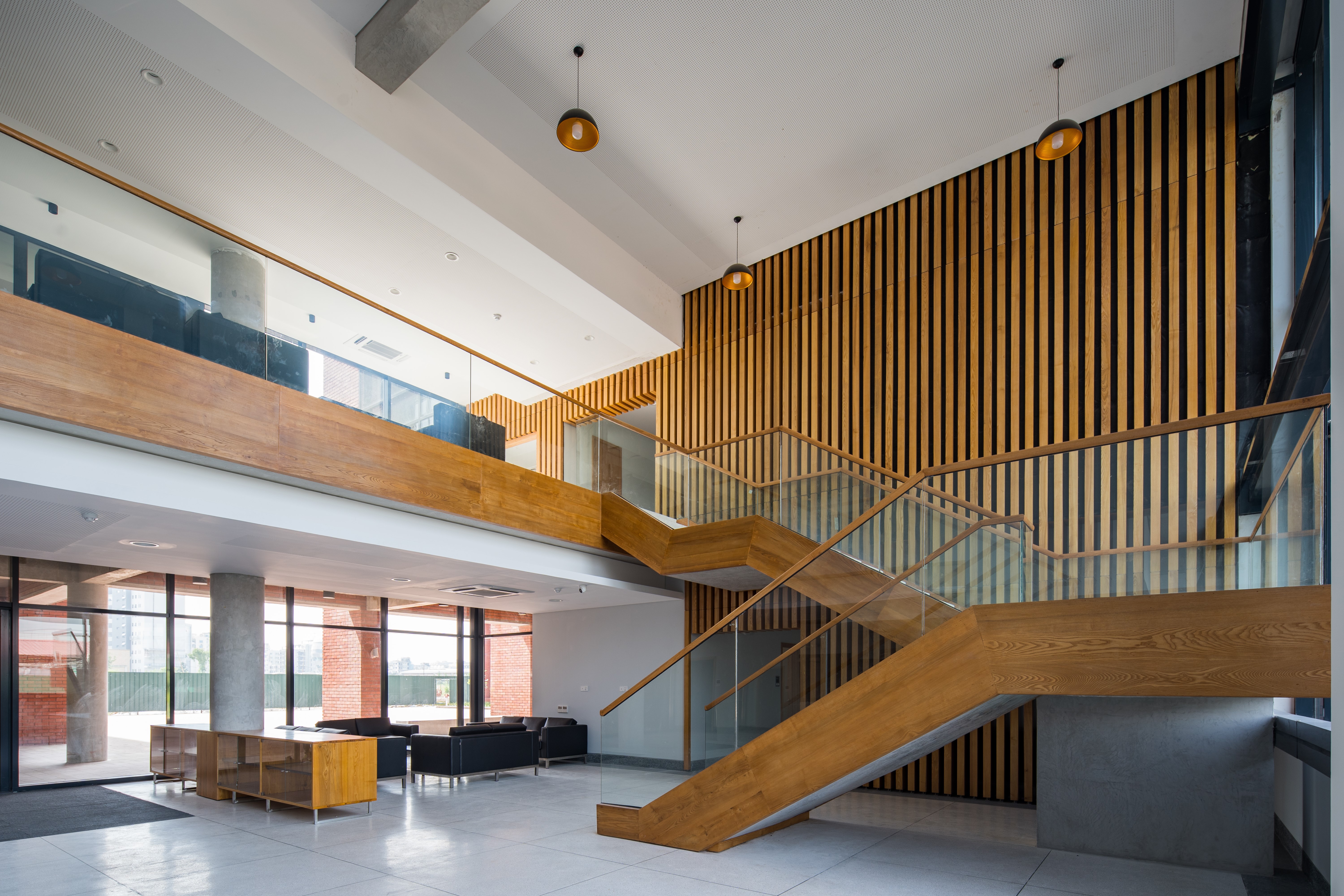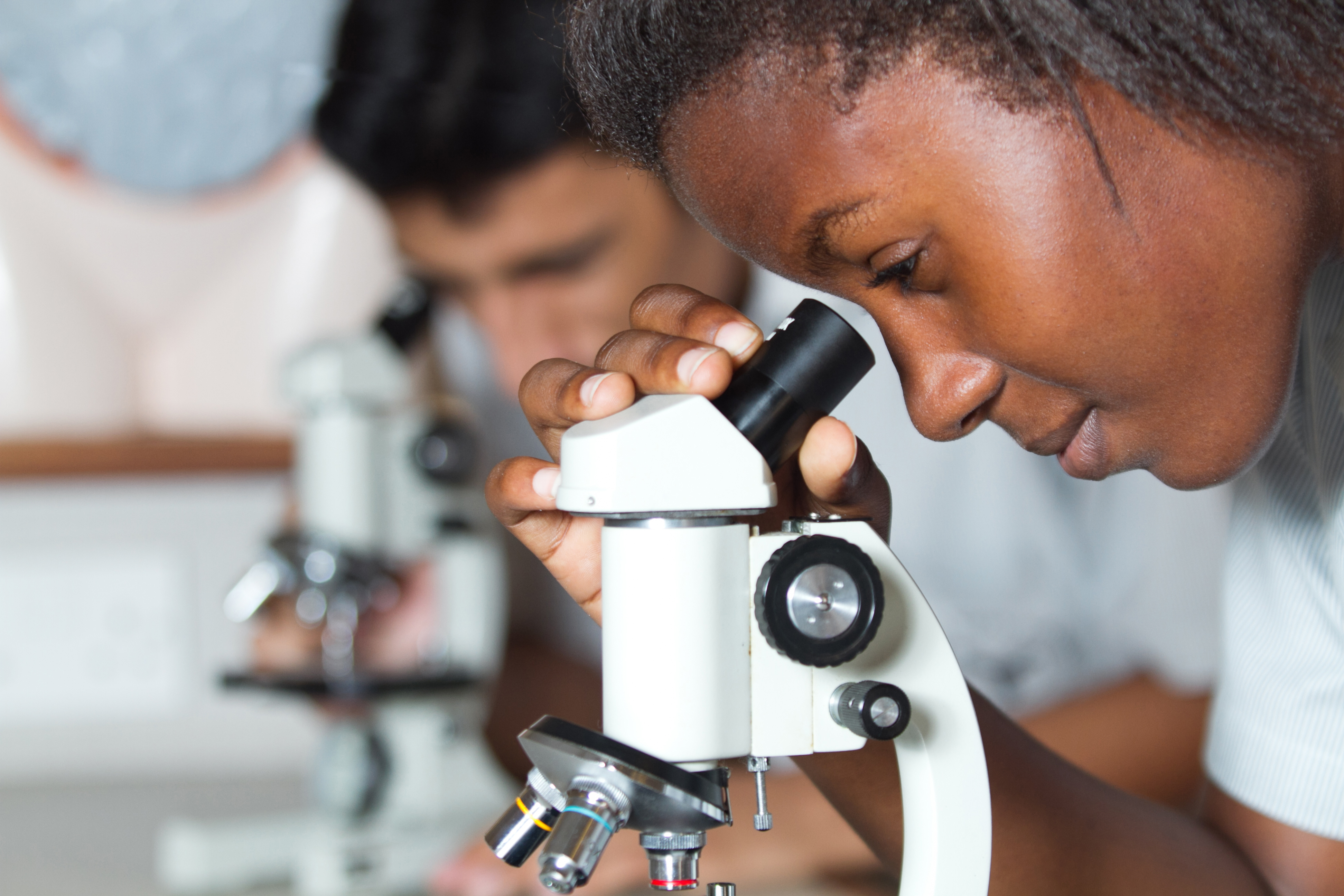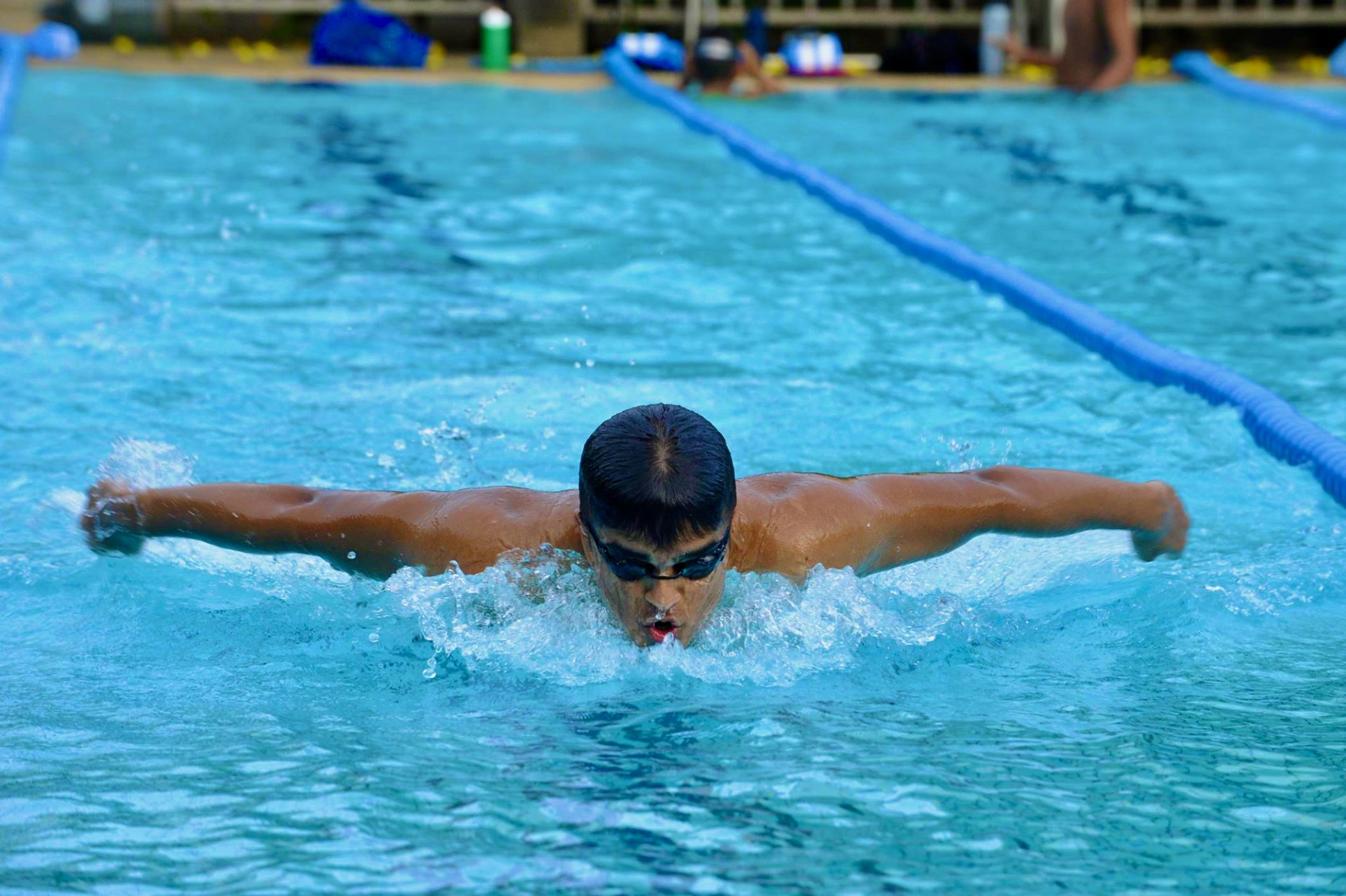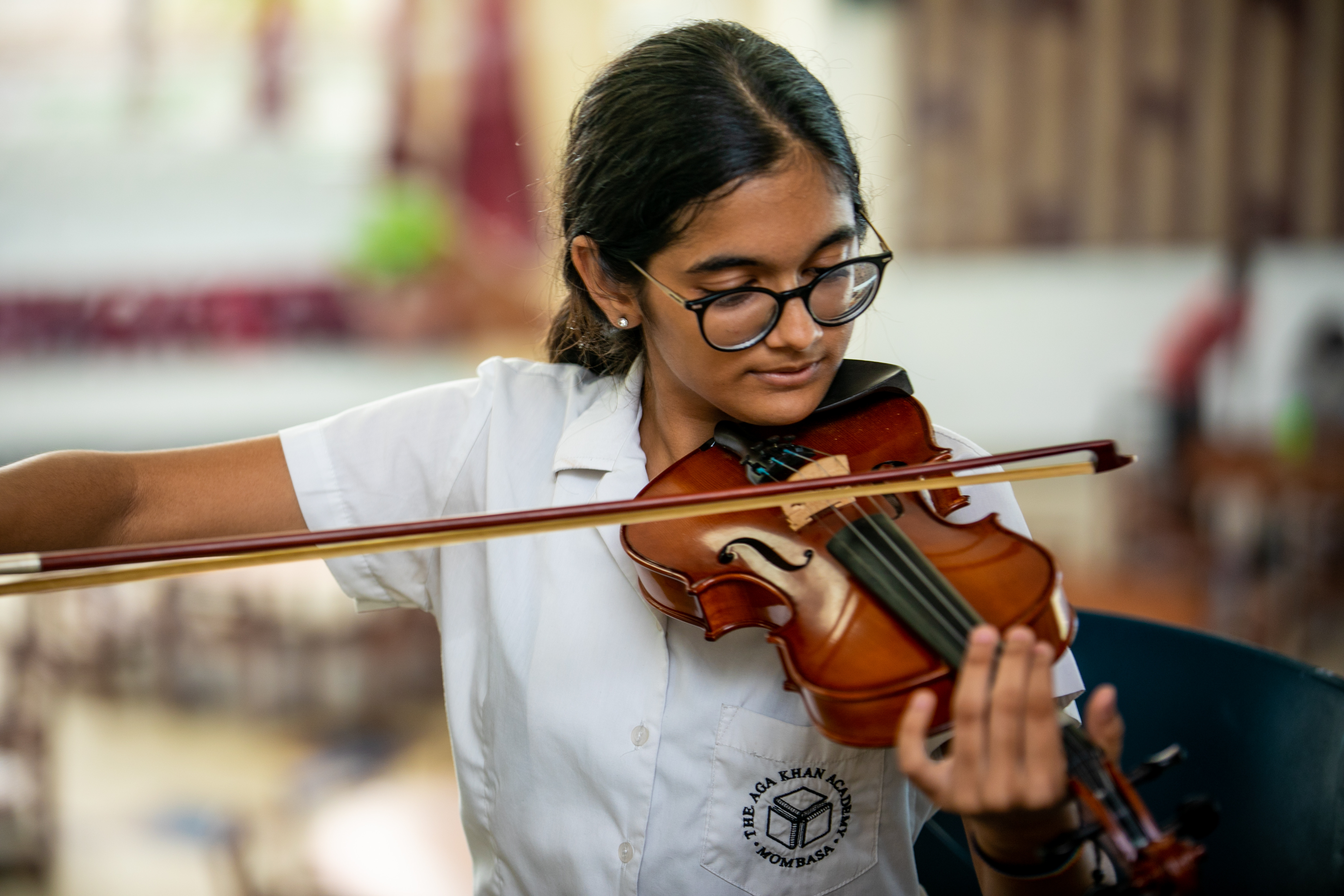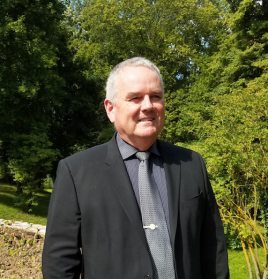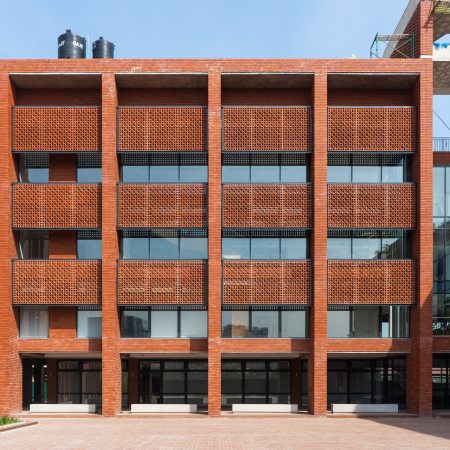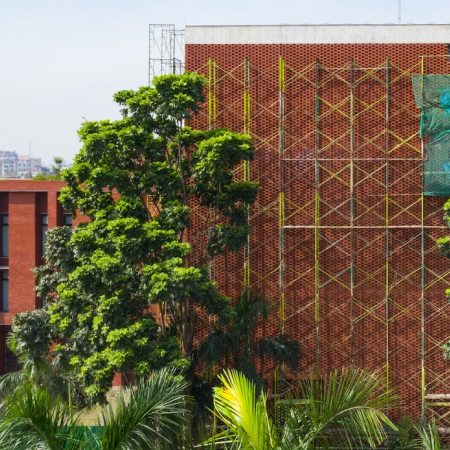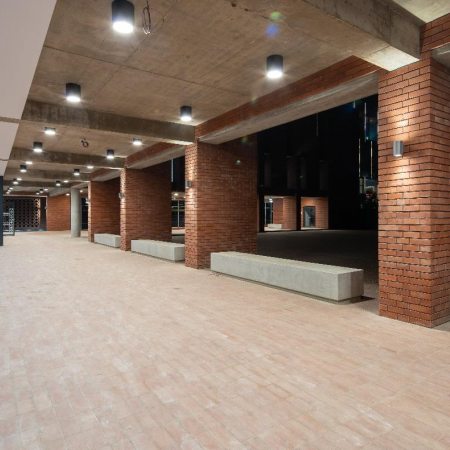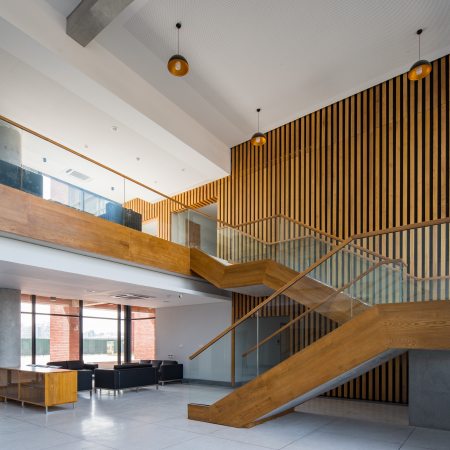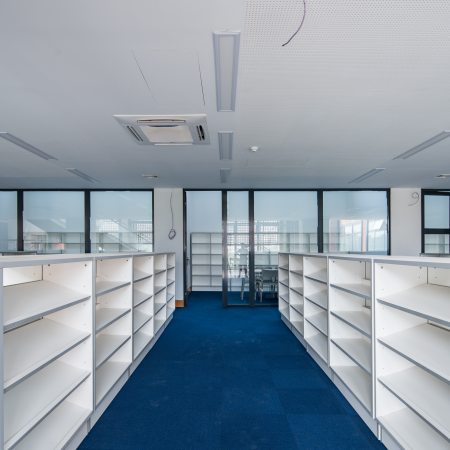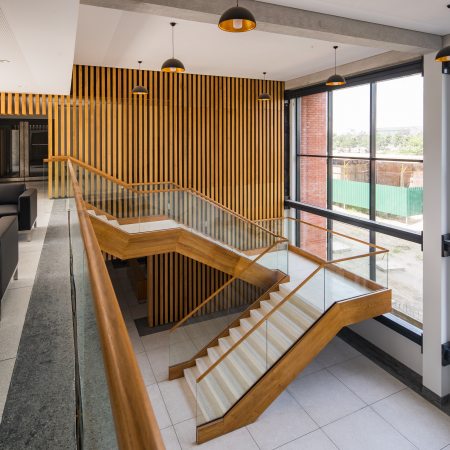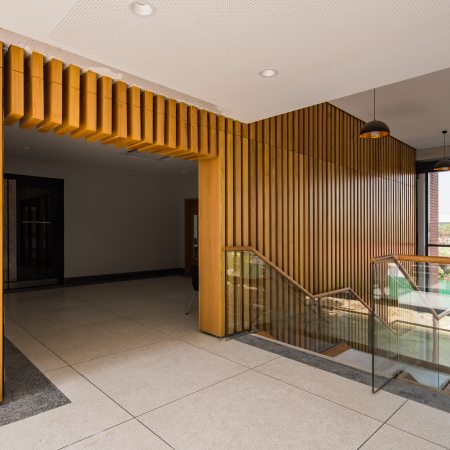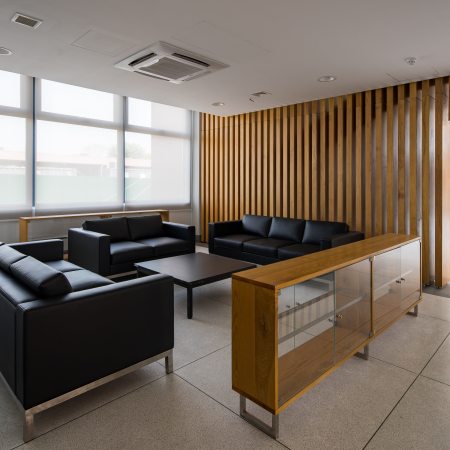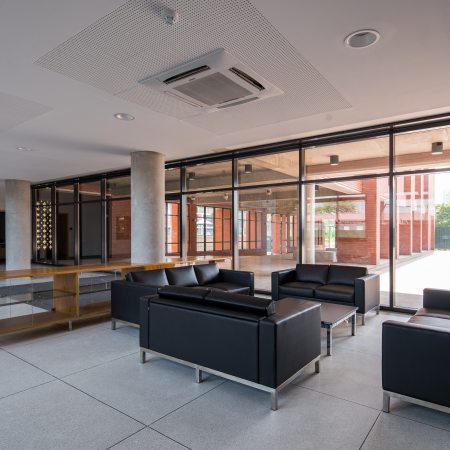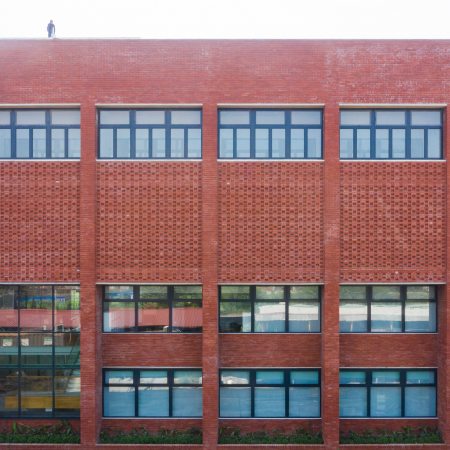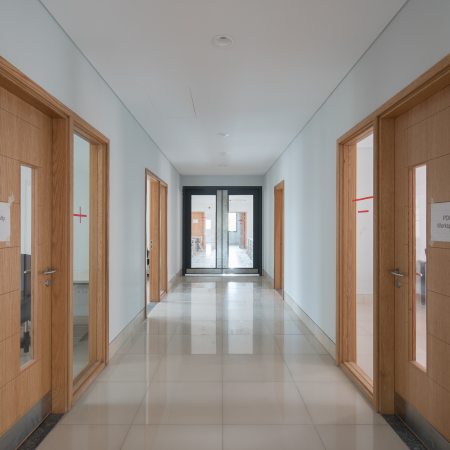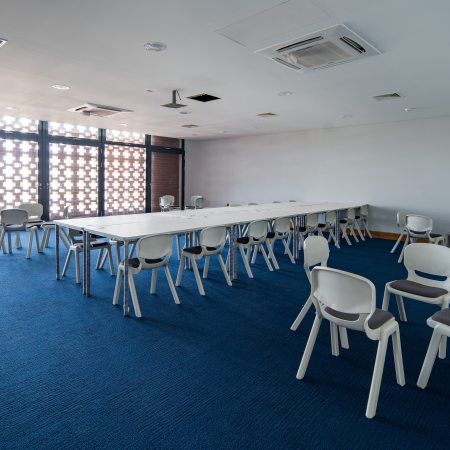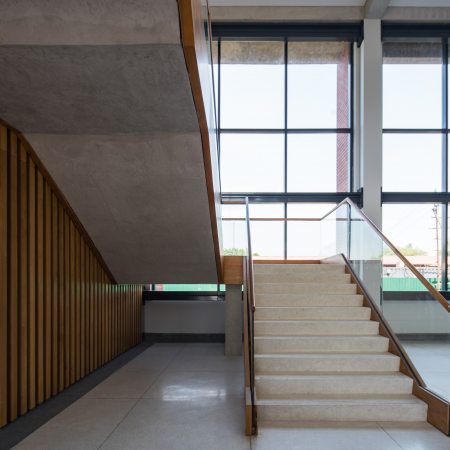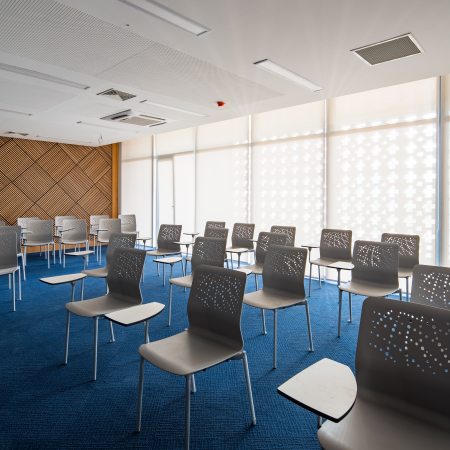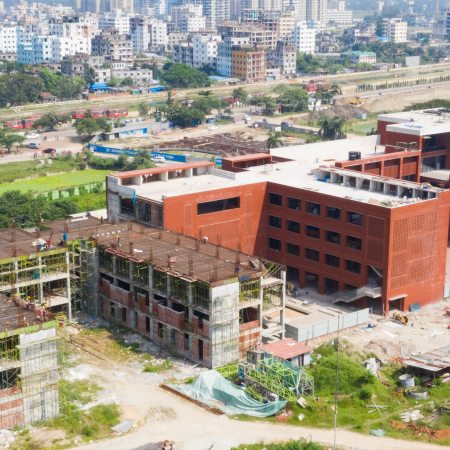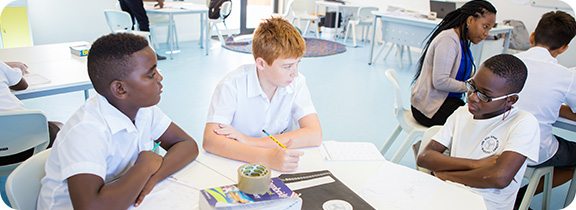
Primary Years Programme
The Aga Khan Academy Maputo has been accredited as an IB World School for the Primary Years Programme (Grades K–5).
Foundations for lifelong learning
The Primary Years Programme focuses on the development of the whole child. It is geared towards creating independent, confident and respectful learners.
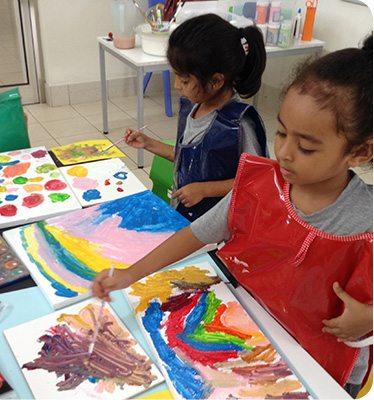 Our classroom curriculum and after-school activities address the children's social, physical, cultural and ethical development while giving them a strong foundation in all the major areas of knowledge.
Our classroom curriculum and after-school activities address the children's social, physical, cultural and ethical development while giving them a strong foundation in all the major areas of knowledge.
The curriculum consists of five essential elements:
- concepts
- knowledge
- skills
- attitude
- action.
The core subjects we cover include English language, mathematics, science and technology, and social studies. Our programme also includes a beginning computing course, physical education, music, art, French and Portuguese.
Students and teachers explore questions in all subject areas using an interactive, student-centred approach. The knowledge element of the curriculum is enhanced by six themes that are studied across the various subject disciplines. These are:
- who we are
- where we are in place and time
- how we express ourselves
- how the world works
- how we organise ourselves
- sharing the planet.
The PYP develops well-rounded students who are well versed in all areas of knowledge. They learn to be intellectually curious, principled, caring, open-minded, well balanced and reflective learners.
Please visit the Admission Requirements page or contact us to find out more about applying to the PYP at the Academy.
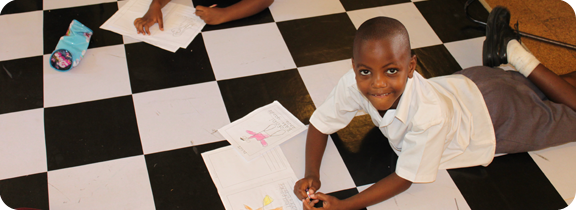
Primary Years Programme
The Junior School of the Aga Khan Academy, Dar-es-Salaam is preparing for authorisation as an International Baccalaureate (IB) World School offering the IB Primary Years Programme (PYP).
Foundations for Lifelong Learning
The Primary Years Programme focuses on the development of the whole child. It is geared towards creating independent, confident and respectful learners.
Our classroom curriculum and after-school activities address the children's social, physical, cultural and ethical development while giving them a strong foundation in all the major areas of knowledge.
 The curriculum consists of five essential elements:
The curriculum consists of five essential elements:
- concepts
- knowledge
- skills
- attitude
- action.
The core subjects we cover include English language, mathematics, social studies, science and technology. Our programme also includes a beginning computing course, physical education, music, art, French and Portuguese.
Students and teachers explore questions in all subject areas using an interactive, student-centered approach. The knowledge element of the curriculum is enhanced by six themes that are studied across the various subject disciplines. These are:
- who we are
- where we are in place and time
- how we express ourselves
- how the world works
- how we organise ourselves
- sharing the planet.
The PYP develops well-rounded students who are well versed in all areas of knowledge. They learn to be intellectually curious, principled, caring, open-minded, well balanced and reflective learners.
Please visit the Admission Requirements page or contact us to find out more about applying to the PYP at the Academy.
Scholarship Programme
The Aga Khan Academy Mombasa is launching a unique scholarship programme to attract Kenya’s brightest young minds to join the Academy.
Six merit-based scholarships of up to 50% off fees for outstanding students who can demonstrate superior academic ability. This includes:
- B average for international curricula
- B+ for KCSE students
- 390+ for KCPE
Applicants must have also excelled outside of the classroom in one or more of the following areas:
- Leadership in the service of others
- Innovation in Science, Technology, Engineering or Math
- Environmental Responsibility
- Performing Arts
- Team Sports
Scholarships will be awarded to students from a diversity of socioeconomic, cultural, ethnic, linguistic and other backgrounds across Kenya. Based on demonstrated merit and financial need, scholarship awards may cover up to 50% of school fees, including residential fees. View the fee schedule here.
Scholarships are open to new students applying for admission in August 2022. The deadline for application is 1st July 2022.
The process:
Students should make an application through the normal admissions process (an application fee is payable) and indicate their interest in applying for the Aga Khan Academy Scholarship Programme.
*AKASP is open to new students only; those already enrolled at the Academy are not eligible.
- Fill in the below form.
- An initial assessment to determine suitability for the scholarship programme will take place.
- Shortlisted candidates will be invited for a personal interview with the Dean of Admissions. This interview will assess the ability of the student to contribute significantly to the Academy outside of the classroom.
- Final selection includes an interview with the Head of Academy and the Dean of Admissions.
*The decision of the Academy in awarding these scholarships will be final.
Eligibility:
- To apply, students must be residents in Kenya.
- The scholarships are open to students who are able to demonstrate exceptional academic ability and the potential to benefit from a unique educational programme based on the International Baccalaureate and the Aga Khan Strands.
- Scholarships are needs-based and will take into account aspects of the financial position of the family at the time of interviews.
- Scholarship awards may not cover all costs, and some scholarships will require the candidate and their family to contribute part of the cost.
To know more about this programme, please email mba-admissions@agakhanacademies.org

Primary Years Programme
The Aga Khan Academy Dhaka is an International Baccalaureate World School and has been authorised for the Primary Years Programme (PYP).
Foundations for lifelong learning
Our PYP curriculum for students in Grades 1-5 (aged 6-11) focuses on the development of the whole child. It is geared towards creating independent, confident and respectful learners.
Our classroom curriculum addresses the children's social, physical, cultural and ethical development while giving them a strong foundation in all the major areas of knowledge.
The curriculum consists of five essential elements:
- Concepts;
- Knowledge;
- Skills;
- Attitude; and
- Action.
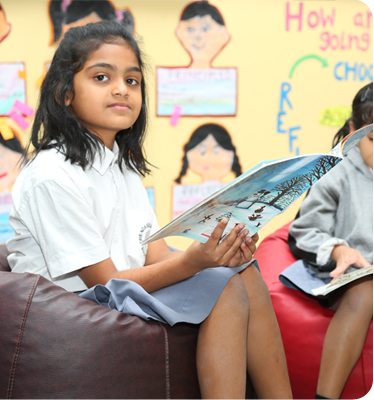 The core subjects we cover include English language, Bangla, mathematics, social studies, science and technology. Our programme also includes physical education, music and art. The use of Informational technology (IT) is integrated throughout the curriculum.
The core subjects we cover include English language, Bangla, mathematics, social studies, science and technology. Our programme also includes physical education, music and art. The use of Informational technology (IT) is integrated throughout the curriculum.
Students and teachers explore questions in all subject areas using an interactive, student-centred approach. This triggers students' curiosity, encouraging them to make connections with real-world issues. Students become active, autonomous learners who can take action as a result of their learning.
Our curriculum develops well-rounded students who are well-versed in all areas of knowledge. They learn to be intellectually curious, principled, caring, open-minded, well-balanced and reflective learners.
Please visit the Admission Requirements page to find out more about applying to Grades 1-5 at the Academy.
Jonathon Marsh: Supporting the quality of teaching at the Academies
Jonathon Marsh has system-wide responsibility for teacher development at the Aga Khan Academies network. Having worked for the Academies for the past 10 years, he has previously had leadership roles in education in Canada, Hong Kong, the United Arab Emirates and the United Kingdom, including as the Head of Professional Development and Research for the International Baccalaureate. In this interview, he shares the highlights of his position at the Academies, and reflects on how the Academies are unique from other educational institutions.
Tell us the journey that led you to the Academies.
I first came across the AKDN when I was in Hong Kong. I read a recruitment ad in the Times Higher Education magazine seeking people to fill positions at the then recently opened Aga Khan University in Karachi. I remember looking at the ad and experiencing a strong sense of conviction that one day I would work for this organisation. More than a decade later, while working at the IB, I was introduced to Salim Bhatia [Director of Academies] by the then Chair of the IB’s governing council. Salim asked me if I knew anyone that would be interested in taking a lead role in teacher development for the emerging Academies. At the same time, he was in discussion with Monique Conn, who was my line manager at the IB, about the position of Academic Director. Monique accepted the position soon thereafter and persuaded me to join as well.
What is the most rewarding aspect of working for the Aga Khan Academies?
I think the majority of my colleagues would unanimously reply “the students”, and they would be right to do so. However, for me the job is about quality teaching, and having the opportunity to really influence the discourse on teaching and learning in the countries and regions we work within is very exciting. Having a chance to work both at the high end with government ministries, NGOs and universities and at the chalk face with individual teachers, especially young people new to teaching, provides me with a full spectrum of very meaningful and satisfying engagements.
What led you to choose your particular career?
I don’t see it as a career but rather as a vocation. I see the profession of teaching as critically important to the health and ongoing development of any society. As such, I can think of no better way to contribute to the betterment of humanity.
What attracted you to the Academy?
First and foremost, the vision and mission. Especially attractive is His Highness the Aga Khan’s insight into the importance of the profession of teaching and the need to restore its much diminished status in the various geographies within which the Academies are located.
Reflecting on your time at the Academy, is there a particular day that was especially rewarding and memorable?
There are too many to count. Among them perhaps two stand out: 1) the graduation of the first cohort of teacher interns completing the Teacher Preparation Programme (TPP), and 2) becoming the first (and as yet only) school network in the world to offer a teacher development programme recognised under the IB Educator Certificate initiative. The building of the TPP and overcoming the many associated challenges took an extraordinary amount of effort, with contributions coming from many people. Seeing it come to fruition was very gratifying.
How do you think you contribute to the inner workings of the Academies and to the achievement of its goals?
I work collegially with the Heads and senior staff in each Academy to think through and implement systems to support the quality of teaching across the network. This includes working with both external and internal providers to source and implement professional development programmes; liaising with universities and other AKDN agencies to define and conduct research and development projects; providing support for the collection and analysis of standardised data; ongoing development and application of the Academies’ teacher appraisal programme; specifying career pathways for teachers; and contributing to the specification of the Academies outreach strategy.
What sort of positive impact have the Academies had on you?
I have gained a great deal of knowledge and understanding around what it takes to start up a high quality school. I have also gained a great deal of insight into the full complexity of running a school. I have always had a great deal of admiration for those brave and committed enough to teach, but my admiration has grown considerably for those who continue to do so under very difficult circumstances.
In what ways has the Academy helped you to become a more effective advocate in the education world?
I am nearing the end of my professional life (I am not really sure what that means other than a euphemism for being over 60), and my role in the Academies has provided me with a unique opportunity to apply much of the knowledge and understanding I have gained over the years. I have drawn upon my background in philosophy and spirituality to better ground my efforts to develop systems within His Highness’s vision for the Academies. I have drawn upon my studies in educational technology to inform system development. My time at the IB has helped me to understand the particular needs of IB teachers and how to support them. The years spent in tertiary education have enabled me to better liaise with universities and support research and data collection. Working with the Academies has allowed me to not only to promote principles of good practice and high quality education, it has provided me with a platform to do so in places that are hungry for change and very much in need of educational reform.
How would you describe the teacher development work with which you engage?
I would describe it as very rewarding precisely because it is very challenging. When it comes to teacher development, we are dealing with many layers of readiness among practitioners. Each country has its own approach to teacher preparation, and within each country not all teachers are given equal standing. For example, senior school teachers are typically better trained and better paid than junior school teachers. Junior school teacher preparation often does not involve gaining a university degree, and only those who could not get into a university opt for junior school teacher training programmes. Convincing people that teaching young children is at least as complex and difficult as teaching older kids is surprisingly difficult. Yet how are we supposed to achieve the kinds of sophisticated learning outcomes envisioned by His Highness if we do not prepare students for them right from the beginning? Building the necessary culture of professional respect for the expertise of all teachers, and indeed helping teachers to define and value their own professional identities is particularly important and very challenging.
What do you think sets the Academies apart from other educational institutions?
The Academies are not unique. There are other schools around the world which share many of the same attributes. However, they do have some very interesting defining characteristics. Firstly, the degree to which they are vision and mission led is compelling for many. Secondly, the commitment they have to provide access to excellent education to talented kids regardless of their ability to pay. Thirdly, their commitment to serve the countries they are in by providing an international standard of education for a majority of local students and employing 80% local teachers. Lastly, their rootedness in the local community and their ability to draw upon the many strengths of the wider AKDN as well as the committed and generous support of the Ismaili community.
How do you think the Academies ensure a climate of pluralism?
The Academies strive to value each child and each member of staff as a unique individual, and expect each to make a unique contribution. A pluralistic perspective is promoted by bringing together individuals from across cultural boundaries, tribal lines, disparate geographic locations, genders, ages, faiths, and economic backgrounds and providing them with a continuous and intensive opportunity to engage with, understand, and come to value each other’s “otherness”.
Videos
The Aga Khan Academy Maputo is committed to developing future leaders by delivering Excellence in Education. We offer merit-based admission to our International Baccalaureate (IB) programme at our purpose-built world-class campus in Maputo, Mozambique. Watch our newly released video to learn more about our unique offering.
The International Baccalaureate featured the Aga Khan Academies and our approach to creating home-grown leaders as part of their 50th anniversary commemoration. Watch to learn how the Academies work to transform the communities in which they are located.
This is Abdirahman, a student at the Aga Khan Academy Mombasa. During his time at the Academy, he explored his wide-ranging abilities and developed an initiative that helped change the lives of young girls in Mombasa.
Meet Abdalla, a Somali student from the Aga Khan Academy Mombasa. He shares his journey of self-discovery: Abdalla solidified his multiple identities, fostered his strengths, and created positive social change during his years at the Academy.
Women and girls are strong, fearless, courageous, limitless, and powerful. The Aga Khan Academy Hyderabad celebrated International Women's Day on 8 March 2018 with this video.
Video by AFD – Agence Française de Développement about how children at the Aga Khan Academy Maputo "Dare to Dream Big" in their new school facilities. The Aga Khan Academy in Maputo, Mozambique has been growing since it opened its doors in 2013. The second phase extension was completed in early 2018 and included bigger classrooms, extended outdoor play areas, a library, an art room and a science lab.
This is Mercy, a teacher at the Aga Khan Academy Mombasa who joined through the Teacher Preparation Programme. Mercy fosters profound and meaningful relationships with everyone around her and consistently encourages her students to be the best versions of themselves.
Meet Sadiq, a student at the Aga Khan Academy Mombasa. Open-mindedness, confidence and time management are some of the many characteristics he has developed at the Academy that will help him achieve his dream of becoming a journalist.
Meet Saumya, a student at the Aga Khan Academy Mombasa. A musician and a leader, she shares her wisdom on what it means to make a true positive impact.
Introducing Ivy, a student at the Aga Khan Academy Mombasa. Her innate drive for self-growth and desire to give back to the community makes her a true home-grown leader.
Meet Felix, a student at the Aga Khan Academy Mombasa. With a keen early interest in science, he shares his dreams for the future and explains how the Academies have helped foster his ambitions.
This is Stephen, a student at the Aga Khan Academy Mombasa. His passion for community service shines as he expresses the growth in perspective he experienced through his education at the Academy.
A day at the Aga Khan Academy Mombasa's Junior School, seen through the eyes of the students.
Students and teachers from the Aga Khan Academy Hyderabad are featured in this film from the International Baccalaureate about the Middle Years Programme.
This film by the International Baccalaureate highlights the impact being made by students from the Aga Khan Academy Hyderabad through a service initiative at a local government school.
July 2017 video showing progress on the construction of the Aga Khan Academy Maputo's campus.
The aim of the Aga Khan Academies is to develop future leaders with the skills and knowledge to support positive development in their societies. The Academies achieve this by recruiting exceptional young people from all backgrounds and providing them with the highest international standard of education.
The Aga Khan Academies are a global network of schools that produce future leaders who are ethical, effective and pluralistic.
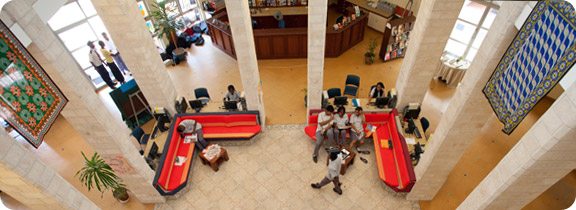
Articles of Interest
The articles listed below have been drawn from the Aga Khan Academies newsletter. They include feature stories and information on aspects of the Aga Khan Academies programme.
Subscribe to the Aga Khan Academies newsletter
PYP and MYP Parent Teacher Conferences
AKA Maputo will host Parent Teacher Conferences for its Primary Years Programme students from 7 - 10 December. Middle Years Programme students in Grade 6 and 7 will have their Parent Teacher Conferences on 14 December. Please book your appointment via email or ManageBac.
Enrichment Programme - starts Thursday 18th January 2018
Please note that the enrichment programme will commence from next week. Buses depart the Academy at 3:30pm this week.
Aga Khan Academy Dhaka Construction Diary
It has been an incredibly busy month since our last construction update at the Aga Khan Academy Dhaka! Our construction team have worked on the external brick work at all of the facades for our Nursery and Junior School. We are also pleased to see our Senior School courtyard! In addition, the team is wrapping up their work on the Nursery and Junior School classrooms, laboratories and administrative areas around the school.
We are so excited to see the Aga Khan Academy Dhaka campus coming together and we cannot wait for our students and staff to be welcomed on campus next year!
